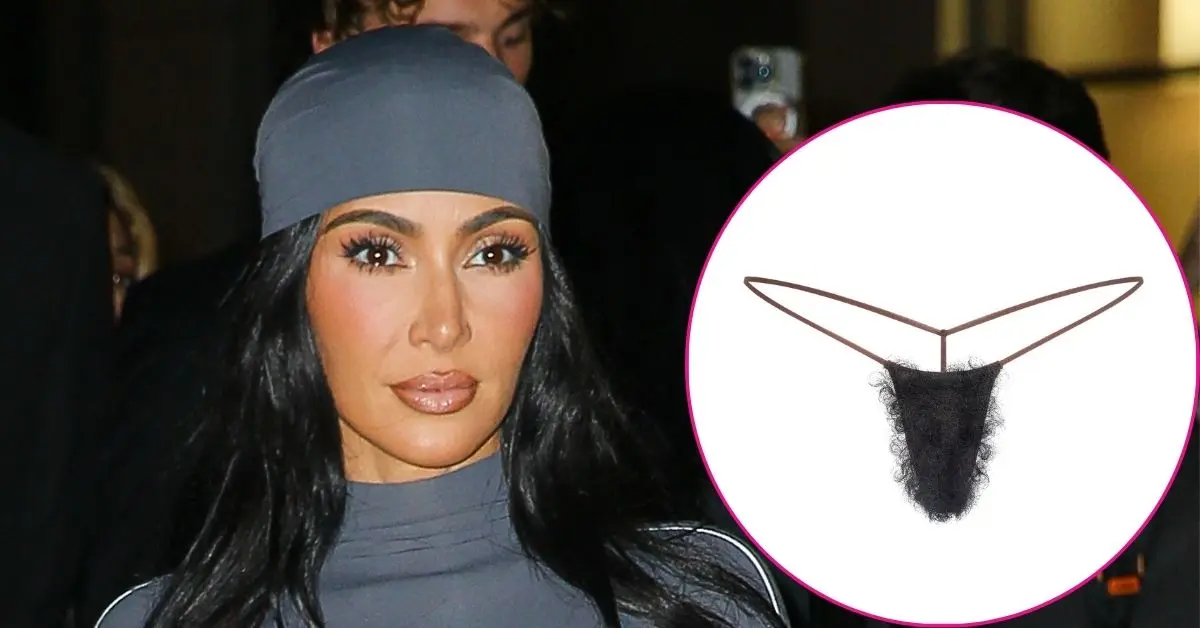A university in Nigeria is facing intense criticism after a viral video exhibited female staff members checking if students were wearing bras before they were permitted to enter an examination hall. This incident occurred at Olabisi Onabanjo University in Ogun State, where students were seen having their chests touched as they lined up to take their exams.
The university has yet to publicly address the footage that caused this uproar; however, a student leader defended the policy as part of a dress code aimed at fostering "a distraction-free environment." This justification has drawn scrutiny, with many condemning the practice as archaic, sexist, and akin to sexual assault.
Human Rights Network officials highlighted that such unwarranted physical contact violates individual rights, potentially exposing the university to legal ramifications. "Unwarranted touches on another person's body is a violation and could lead to legal action," noted campaign group representative Haruna Ayagi.
According to a student—who chose to remain anonymous—this enforcement is part of a broader strict moral code at the university, which does not identify itself as a religious institution. The student remarked that authorities frequently check students' clothing, implying a culture of surveillance regarding attire.
In response to the backlash, the president of the university's student union, Muizz Olatunji, took to social media platform X to assert that the university's dress code is designed for promoting respect and preventing distractions. He acknowledged that the policy is longstanding and stressed the need to negotiate alternative, more dignified methods for enforcing the dress code, while also releasing the specific guidelines, which prohibit clothing that may incite lustful thoughts in others.
Olabisi Onabanjo University, origination back to 1982 as Ogun State University, was renamed after a former governor in 2001. The incident raises important questions about student rights and gender equality in educational institutions, and it remains to be seen how the university will respond to the public outcry.

















